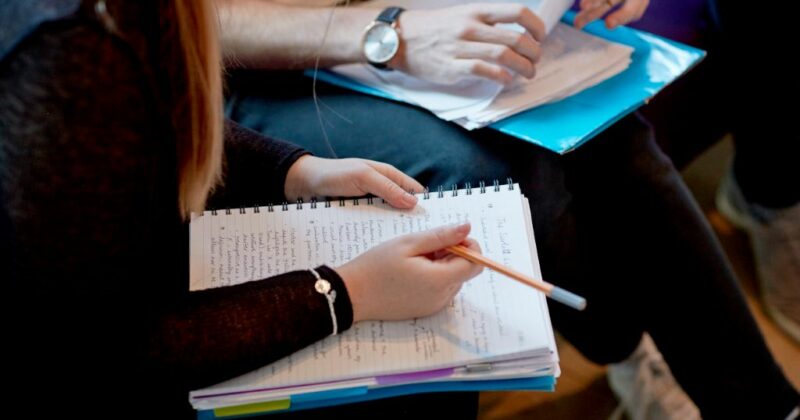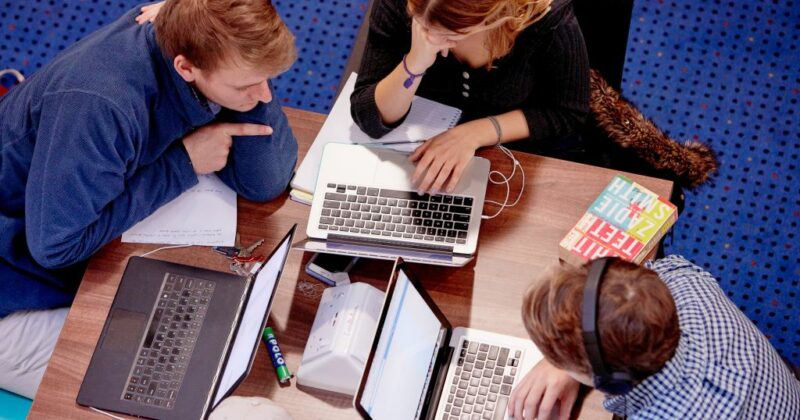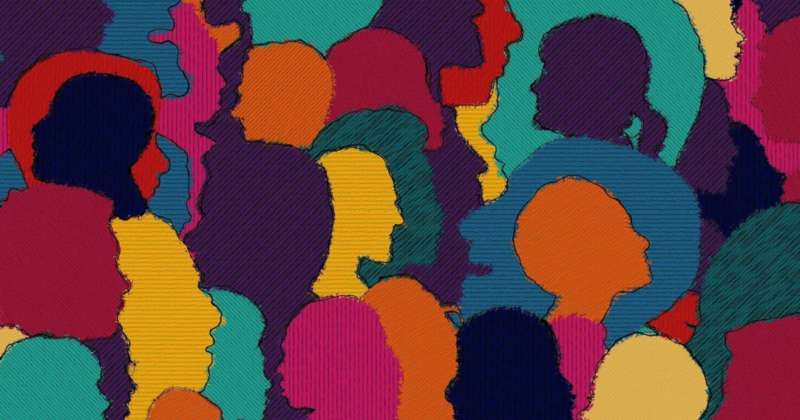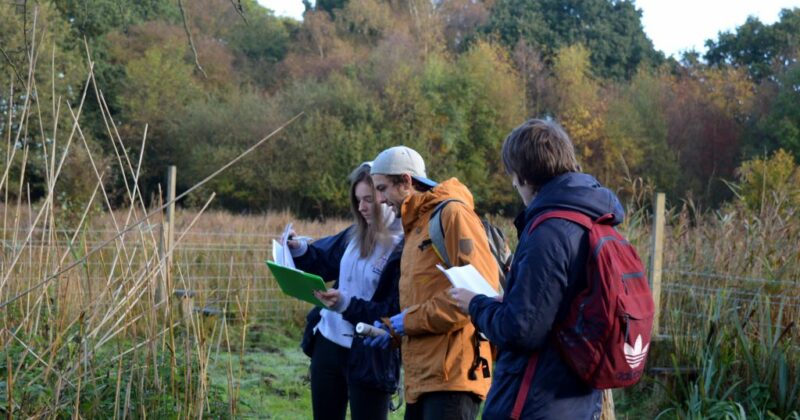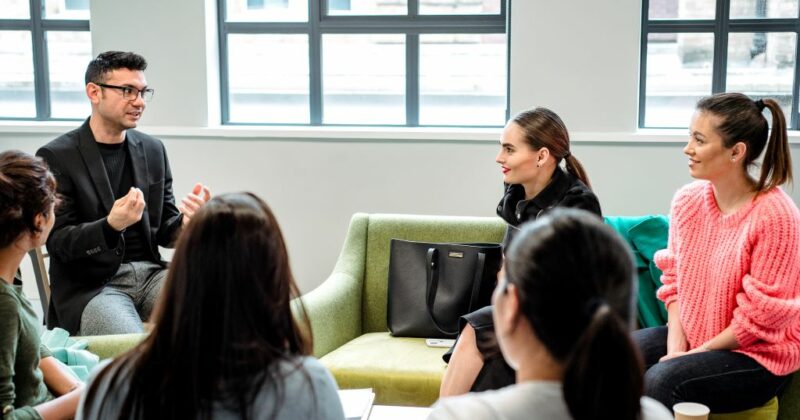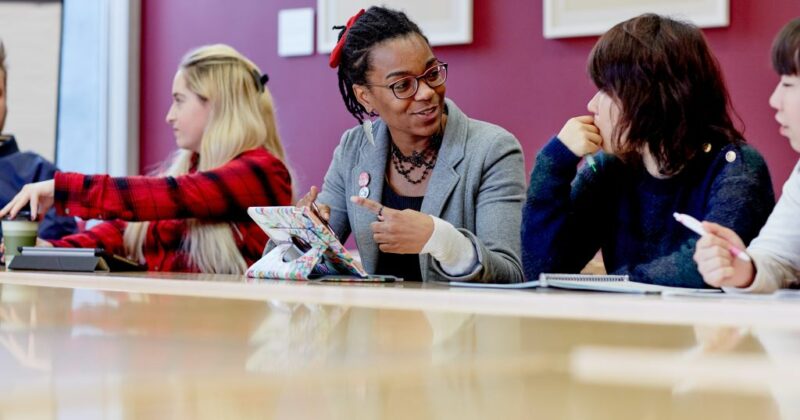
Academic skills: writing up and revising
PLEASE NOTE: This session will now take place from 11am-12pm, NOT 9:30am-10:30am as previously advertised. All other details remain the same.
Please accept our apologies for any inconvenience this may cause.
Session facilitator: Tim Lawrence, Study Development team
Session Overview:
This workshop will cover how to craft your writing as it reaches completion. If you’re struggling to shape your sentences or worrying about the structure of your thesis, this session will help. The workshop will benefit any postgraduate researchers engaged in writing-up their research, whether as a paper or chapter, or getting their thesis ready for submission.
Learning Outcomes:
Learn advanced proofreading strategies.
Understand ways to revise text as a way to hone your argument.
Get a plan for how to complete the drafting process.
This session will take place on campus in room HG/139 (Hoglate building, first floor). To book your place, please click here. ...
